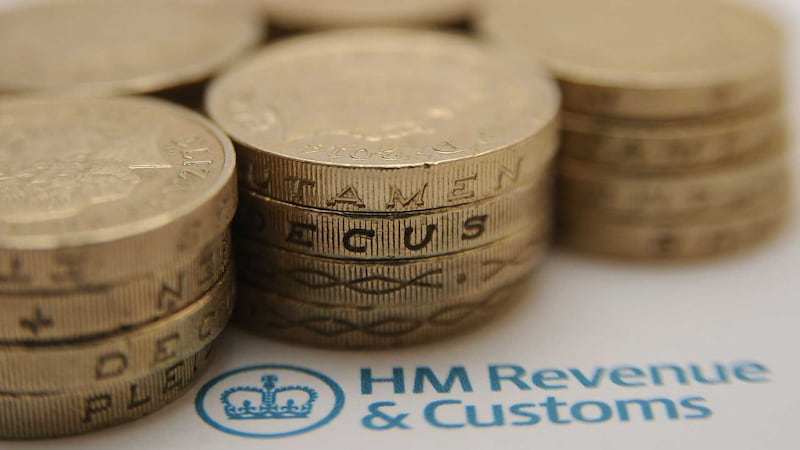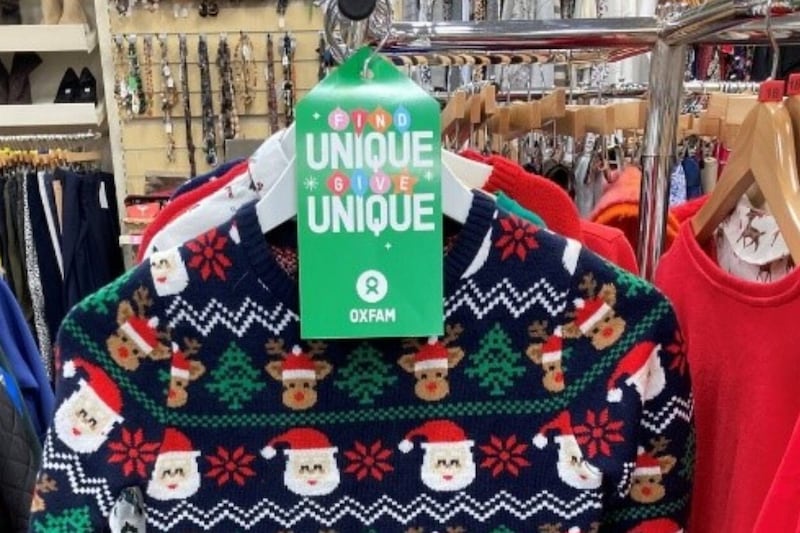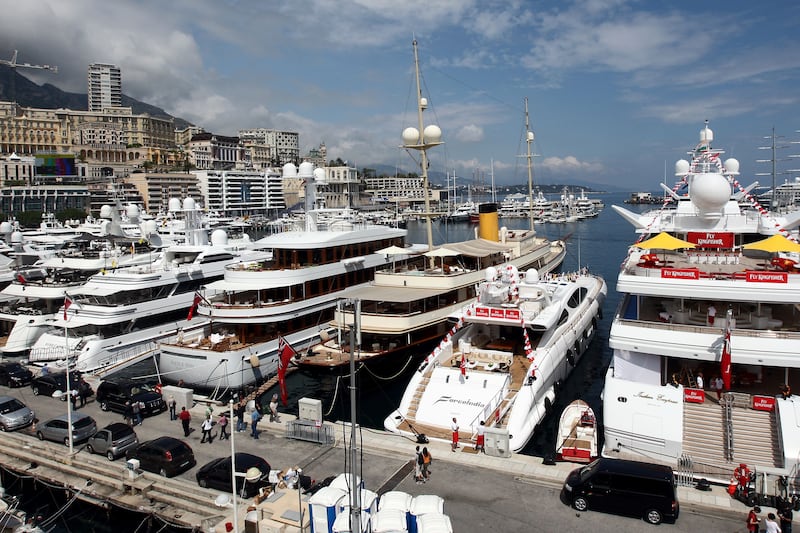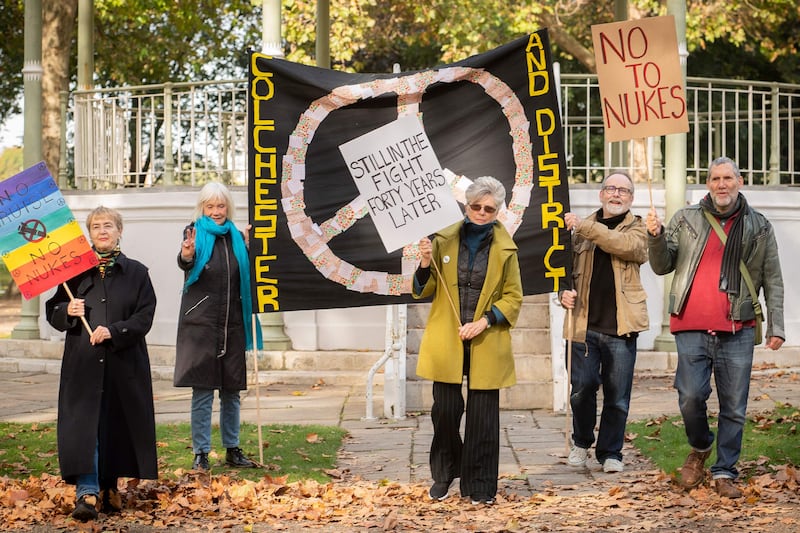A NEW report from Oxfam looking at growing inequality has revealed the world’s 62 richest individuals are as wealthy as 3.6 billion people (the planet’s poorest half).
And the richest 1 per cent – around 73 million out of the world’s 7.3 billion people – now own as much as everyone else put together.
That’s according to the report published ahead of the annual World Economic Forum of global political and business leaders in the Swiss ski resort of Davos.
Oxfam said urgent action was needed to tackle the “inequality crisis” and called on world leaders to take action – including David Cameron. This means a crackdown on tax avoidance by the rich, which denies governments in the developing world billions of pounds per year. The money could be used on health, education and anti-poverty measures.
Cameron promised in a speech in Davos three years ago to get tough on avoidance. He warned corporate tax-dodgers to “wake up and smell the coffee”.
But Oxfam said that promised measures to increase transparency in British Overseas Territories and Crown Dependencies, such as the Cayman Islands and British Virgin Islands, haven’t been implemented. The UK has made good on Cameron’s promise to introduce public registers of companies’ owners. But only one overseas territory – Montserrat – has followed suit.
The report found the gap between rich and poor had widened “dramatically” over the past 12 months. In 2010, the combined wealth of the 388 richest people was needed to equal that of the poorest half of the world. That number has since plummeted to 80 last year – and 62 now.
The total wealth of the poorest half of the world fell by a trillion US dollars (£694bn) since 2010. But the actual number of people in this group rose by 400 million, said the report, An Economy for the 1%.
Meanwhile, the wealth of the super-rich 62 rose by more than half a trillion dollars over the same period, to 1.76 trillion dollars (£1.22 trillion). This equates to an average of around £20 billion for each of the 62 – which includes just nine women.
Although the number of people living in extreme poverty halved between 1990 and 2010 globally, the average annual income of the poorest 10 per cent has increased by less than three dollars (£2.08) a year – over the past 25 years.
Oxfam said action on tax should form part of a three-pronged approach. This is alongside increased investment in public services and action to boost the income of the lowest paid – with priority given to ending the era of tax havens. Allowing governments to collect tax owed is “vital” to meeting the new international development goal of eliminating extreme poverty by 2030.
Oxfam GB chief executive Mark Goldring said: “It is simply unacceptable that the poorest half of the world population owns no more than a small group of the global super-rich – so few, you could fit them all on a single coach.
“World leaders’ concern about the escalating inequality crisis has so far not translated into concrete action to ensure that those at the bottom get their fair share of economic growth. In a world where one in nine people go to bed hungry every night we cannot afford to carry on giving the richest an ever bigger slice of the cake.
“Tackling the veil of secrecy surrounding the UK’s network of tax havens would be a big step towards ending extreme inequality. Three years after he made his promise to make tax-dodgers ‘wake up and smell the coffee’, it is time for David Cameron to deliver.”
The super-rich are estimated to have a total of 7.6 trillion dollars (£5.3 trillion) stashed in offshore accounts, depriving governments around the world of 190 billion dollars (£132bn) in tax revenues each year, said the report.
As much as 30 per cent of all African financial wealth is believed to be held offshore, costing 14 billion dollars (£9.7bn) in lost tax revenue each year. That’s enough to save four million children’s lives a year through improved healthcare and employ enough teachers to get every African child into school, according to Oxfam.








